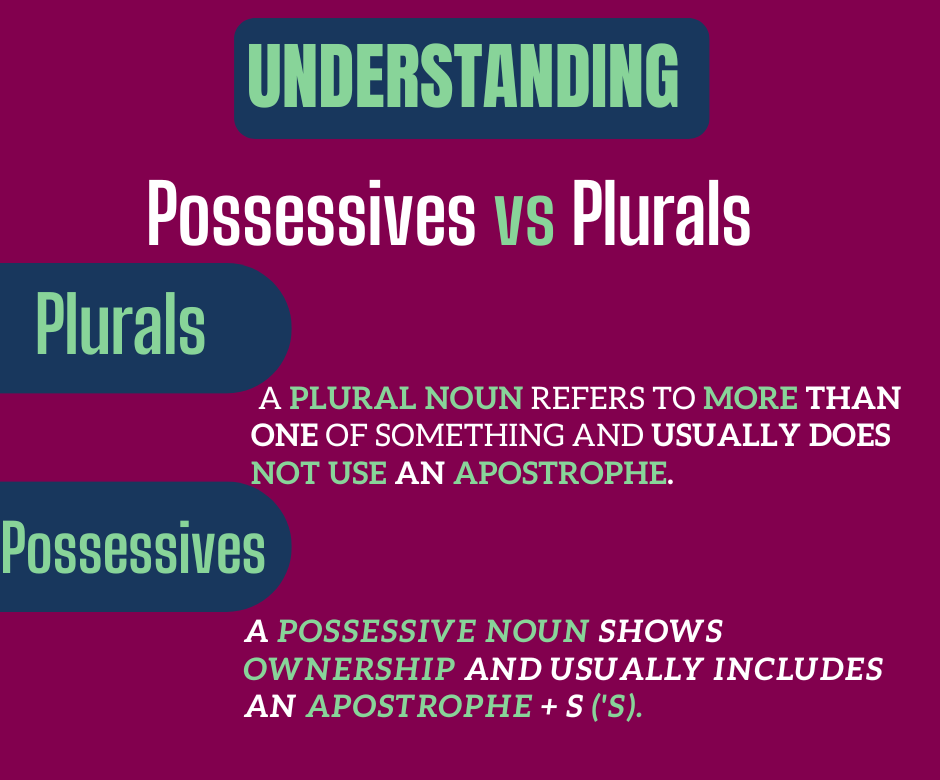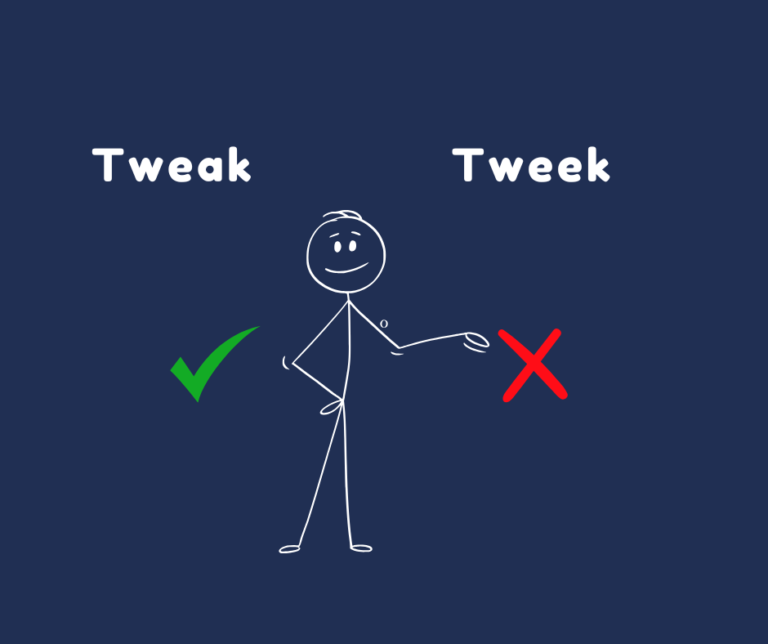Today’s or Todays – Correct Usage & Common Mistakes
Have you ever found yourself wondering whether to write “today’s” or “todays” ? Many native speakers and English learners often get confused about the possessive form of “today” and whether an apostrophe should be used.
In this guide, we’ll provide the difference between “todays vs today’s,” explain why one is correct and the other isn’t, and go over common grammar mistakes to avoid. “Today’s” and “Today” are used in different contexts ,if you have to refer to the present day use the term “today” e.g. I am going to visit her today .While “Today’s” (with an apostrophe) is the possessive form of “today”. Did you read today’s newspaper? (meaning “the newspaper of today”).

Understanding Possessives vs Plurals
One of the biggest grammar mistakes people make is confusing possessive and plural forms.
- A possessive noun shows ownership and usually includes an apostrophe + s (‘s).
- A plural noun refers to more than one of something and usually does NOT use an apostrophe.
Now, let’s apply this rule to “today”:
- “Today’s” is possessive, meaning something belongs to today.
“Today’s meeting is important.” (The meeting belongs to today.)
- “Todays” is incorrect because “today” cannot be plural.
“Todays are busy.” (Incorrect—there’s no plural form of today.)
So, if you’re talking about something that belongs to today, always use an apostrophe.
“Understanding grammar rules is essential for long-term writing success. In the long term, mastering concepts like possessives and plurals will help you write more accurately and confidently.“

The Correct Use of “Today’s”
Now that we understand possessives, let’s see how “today’s” is used correctly in different contexts:
When to Use “Today’s” (With Examples)
| Context | Correct Sentence |
| Time/Date Reference | “Today’s date is March 11th.” |
| Ownership/Possession | “Today’s news is all about the election.” |
| Events/Appointments | “Today’s meeting starts at 3 PM.” |
| Weather Reports | “Today’s weather is sunny and warm.” |
Incorrect Usage (“Todays” Without an Apostrophe)
- “Todays meeting is important.” ( Incorrect)
- “Todays news is shocking.” ( Incorrect)
Always use an apostrophe when referring to something specific about today.
Why “Todays” is Incorrect ?
A major reason people mistakenly write “todays” is because they think “today” can be plural—but it can’t!
Here’s why:
- Correct Possessive: “Today’s lesson is about apostrophes.”
- Incorrect Plural: “Todays lesson is about apostrophes.”
Common Misconceptions
- “Maybe ‘todays’ is used like ‘dogs’ or ‘cars’?”
No! “Today” is an adverb and a noun, but it cannot be plural like regular nouns. - “Some words don’t need an apostrophe, so why does ‘today’s’?”
Some words change form when plural (e.g., “child” → “children”), but today doesn’t have a plural form—which is why “todays” is never correct.

Multiple Days: When “Today” Isn’t Enough
While “today’s” is correct for referring to something that belongs to today, what if you’re talking about multiple days? Since “todays” is incorrect, how can you properly express ideas that extend beyond today?
Here are a few ways to refer to multiple days correctly:
Using “These Days” for General Trends
If you want to refer about a period that includes today but isn’t limited to it, use “these days” instead of “todays.”
“These days, people rely heavily on technology.”
“These days, the cost of living is rising.”
Using “Recent Days” or “Past Few Days” for Short Time Frames
If you have to refer to multiple recent days, use phrases like “recent days,” “past few days,” or “last couple of days.”
“In recent days, there has been an increase in online shopping.”
“Over the past few days, I have been feeling unwell.”
Using Specific Dates to Avoid Ambiguity
When talking about multiple specific days, it’s best to mention them directly.
“The events of March 10 and 11 were historic.”
“Monday, Tuesday, and today have been incredibly busy.”
Using “Consecutive Days” for Ongoing Events
If something continues for multiple days in a row, using “consecutive days” is more precise.
“It has rained for three consecutive days.”
“The store has been offering discounts for the last four days.”
Quick Tip to Avoid Mistakes
- Incorrect: “Todays have been difficult for me.”
Correct: “These days have been difficult for me.” - Incorrect: “I worked hard in the last two todays.”
Correct: “I worked hard in the past two days.”
By using these alternative phrases, you can correctly express the concept of multiple days without making the common mistake of using “todays.”
How Do Other Languages Handle This Rule?
Ever wondered if other languages have the same confusion? Let’s take a quick look .
Spanish → “La noticia de hoy” (Literally: “The news of today”)
French → “La nouvelle d’aujourd’hui” (Literally: “The news of today”)
German → “Die Nachrichten von heute” (Literally: “The news from today”)
Did you notice that None of these languages use an apostrophe because they use a different grammatical structure. English, however, requires an apostrophe to indicate possession.
“Just like the confusion between ‘today’s’ and ‘todays,’ many writers also struggle with words like ‘totaling’ and ‘totalling.’ Understanding spelling variations can help improve your writing accuracy.“
Understanding Possessives in English
Possessives indicate ownership or association. The way we form possessives depends on whether the noun is singular, plural, or irregular.
a) Singular Nouns: Add ‘s
For singular nouns, we need to add ’s (apostrophe + s) to show possession.
Correct Examples:
- The book’s cover (The cover of the book)
- The child’s toy (The toy belongs to the child)
- The teacher’s desk (The desk belongs to the teacher)
b) Plural Nouns Ending in -s: Add Just the Apostrophe
If the noun is plural and already ends in -s, add only an apostrophe (’) at the end.
Correct Usage With Examples:
- The dogs’ bones (The bones belong to multiple dogs)
- The students’ assignments (The assignments belong to the students)
- The cats’ toys (The toys belong to multiple cats)
Incorrect: The dogs’s bones (Extra “s” is unnecessary.)
c) Irregular Plural Nouns: Add ‘s
Irregular plural nouns (which do not end in -s) require ’s just like singular nouns.
Correct Usage with Examples:
- The children’s playground (The playground belongs to the children)
- The mice’s cheese (The cheese belongs to the mice)
- The women’s restroom (The restroom is for women)
Exceptions & Similar Words That Follow the Same Rule
Now that we know “todays” is always incorrect, let’s look at other words that follow the same possessive rule:
- Yesterday’s → “Yesterday’s game was exciting!”
- Tomorrow’s → “Tomorrow’s schedule is packed.”
Quick Rule: If a word refers to time (yesterday, today, tomorrow), it follows the same apostrophe rule!
Real-World Examples in Professional Writing & Everyday Use
How do writers, journalists, and businesses use “today’s” correctly?
Newspapers & News Websites
- “Today’s top headlines cover the latest trends in AI.”
Business & Marketing
- “Today’s market is highly competitive.”
Emails & Work Communication
- “Today’s meeting agenda includes important updates.”
Conclusion :
“Today’s” is correct possessive plural form of today e.g. “Today’s lesson is important.”
“Todays” is just miss spelling and Incorrect (no such plural form exists!).Using correct grammar is needed in your writing to sound more professional, clear, and accurate. Now that you know the difference, you’ll never make this mistake again.
FAQS
Which is correct today or today’s?
Both of terms are used in different contexts ,if you have to refer to the present day use the term “today” e.g. I am going to visit her today .While “Today’s” (with an apostrophe) is the possessive form of “today”.Did you read today’s newspaper? (meaning “the newspaper of today”)
Is it correct to say today’s weather?
Yes, “today’s weather” is correct!
The apostrophe in “today’s” shows possession, meaning “the weather of today.”
Is it correct to say today’s morning?
No, “today’s morning” is not commonly used in English. Instead, you can say:
Correct:
This morning was beautiful.
Today’s weather this morning was nice.
I felt great this morning.
What is the meaning of todays?
“Todays” (without an apostrophe) is incorrect in standard English.
The correct forms are:
“Today” (as a noun or adverb): I am busy today.
“Today’s” (possessive form): Today’s news is interesting.
Since “today” is singular, it does not need an “s” to make it plural. If you’re referring to multiple days, you can use “recent days” or “these days.”
Where do we use today’s?
We use “today’s” when referring to something that belongs to today because the apostrophe (‘s) shows possession. Here are some common examples: Correct usage of “today’s”
Today’s weather is sunny. (The weather of today)
Today’s news is shocking. (The news of today)
Today’s meeting has been canceled. (The meeting of today)
Today’s schedule is very busy. (The schedule of today)
Today’s lesson was interesting. (The lesson of today)
How do you spell today’s?
You spell it as “today’s” with an apostrophe before the s to show possession. Today’s meeting is important.
What is the meaning of today’s meeting?
“Today’s meeting” means “the meeting that is scheduled for today.”
“Today’s” = belonging to today (possessive form of “today”)
“Meeting” = a gathering or discussion






